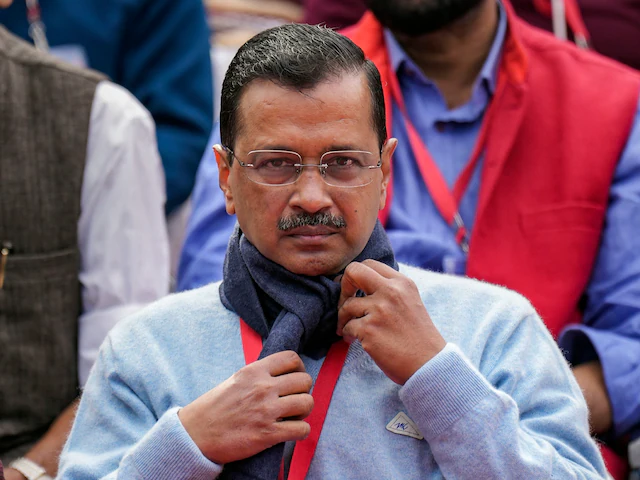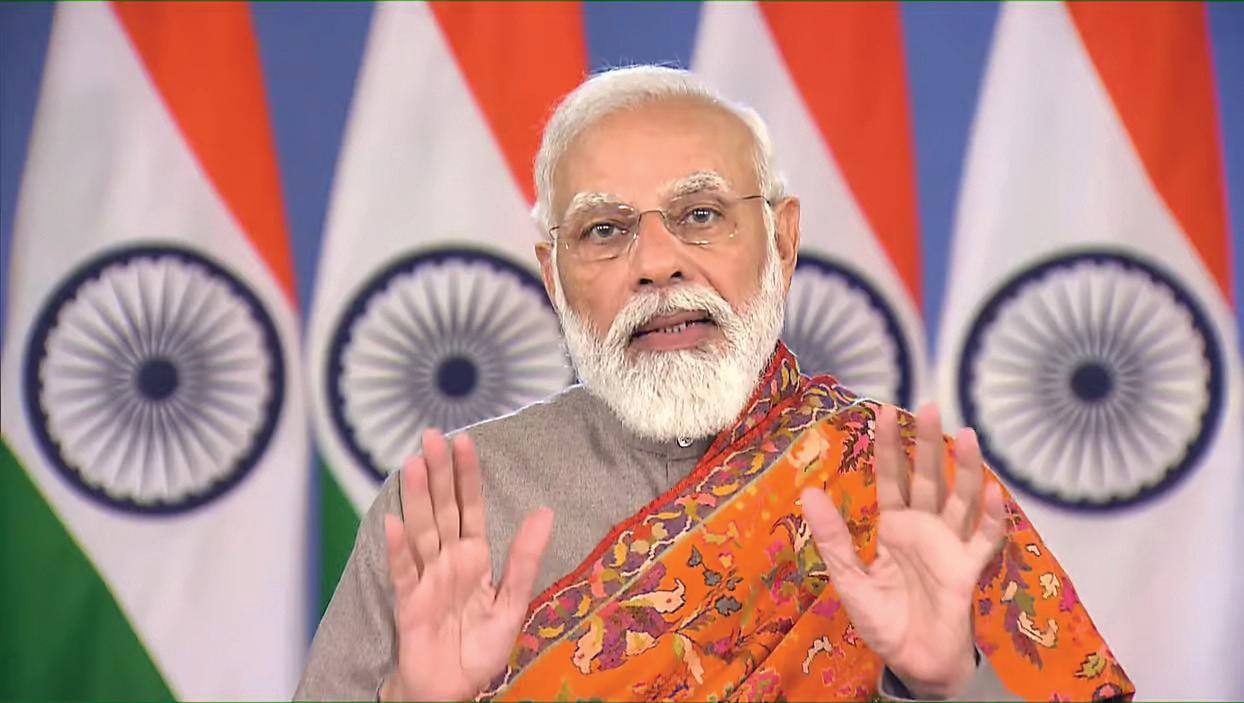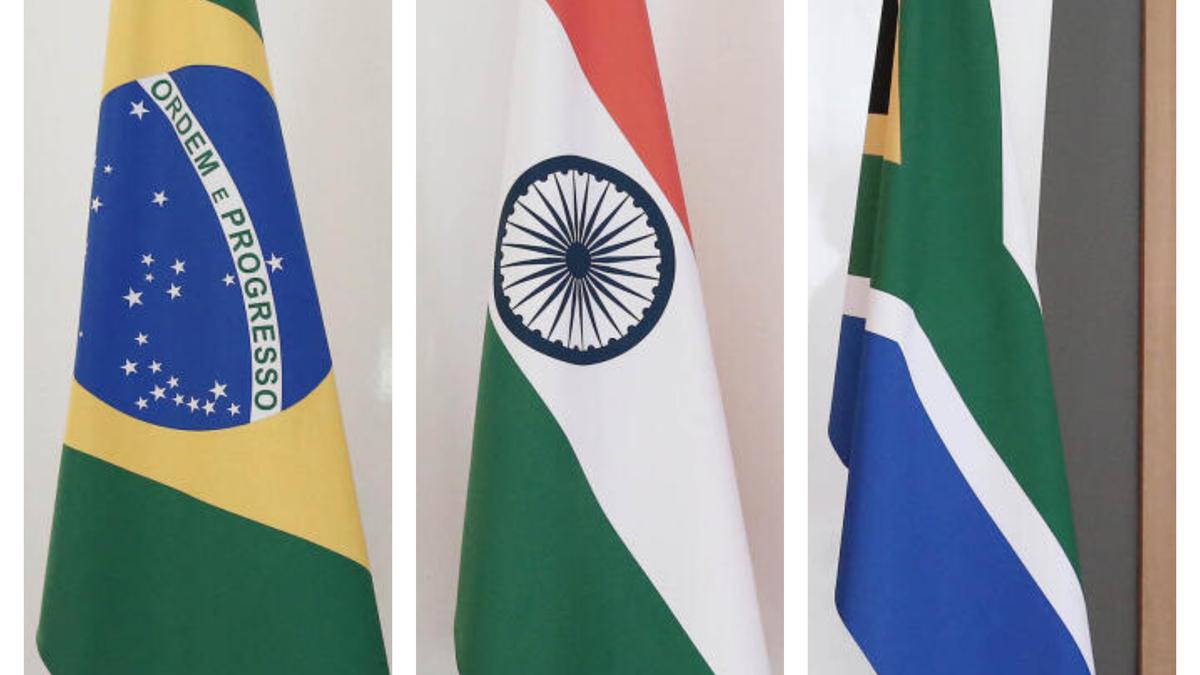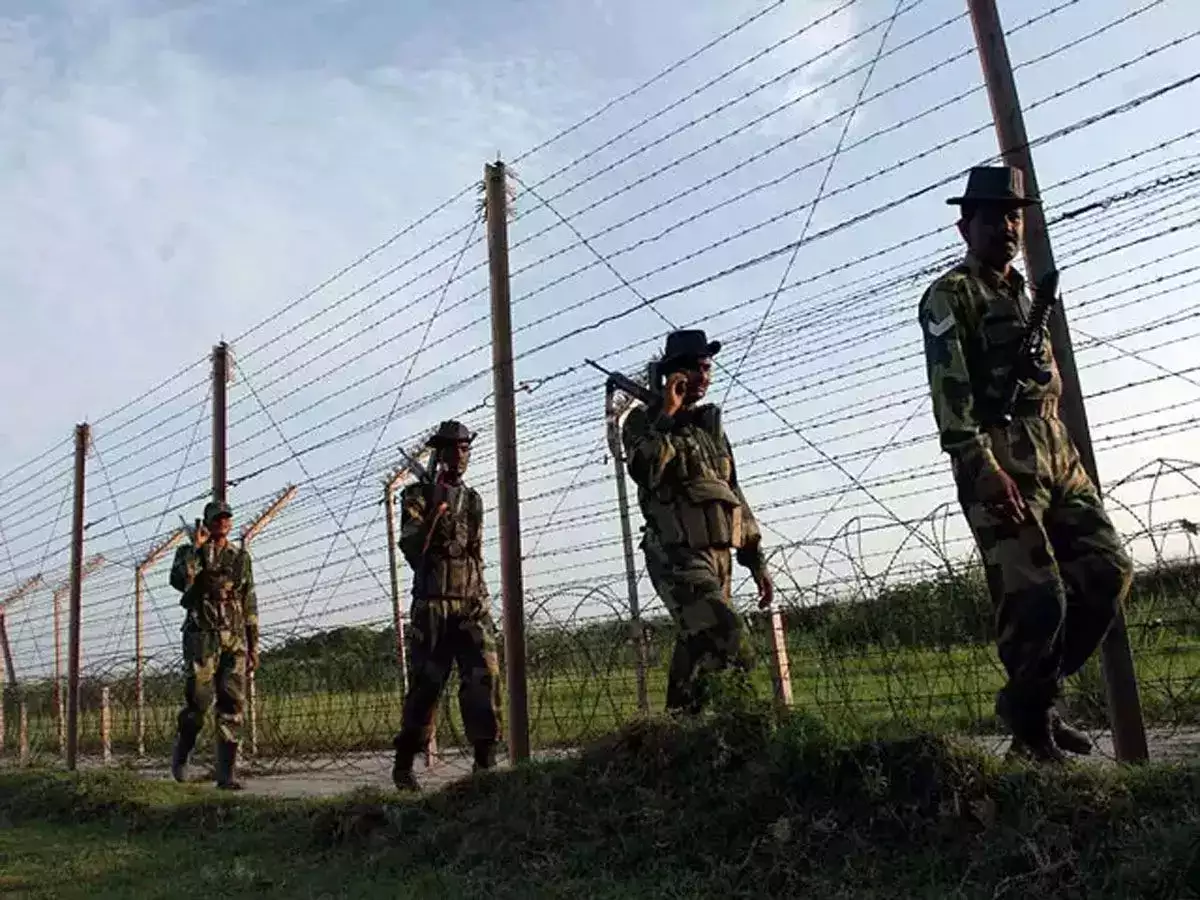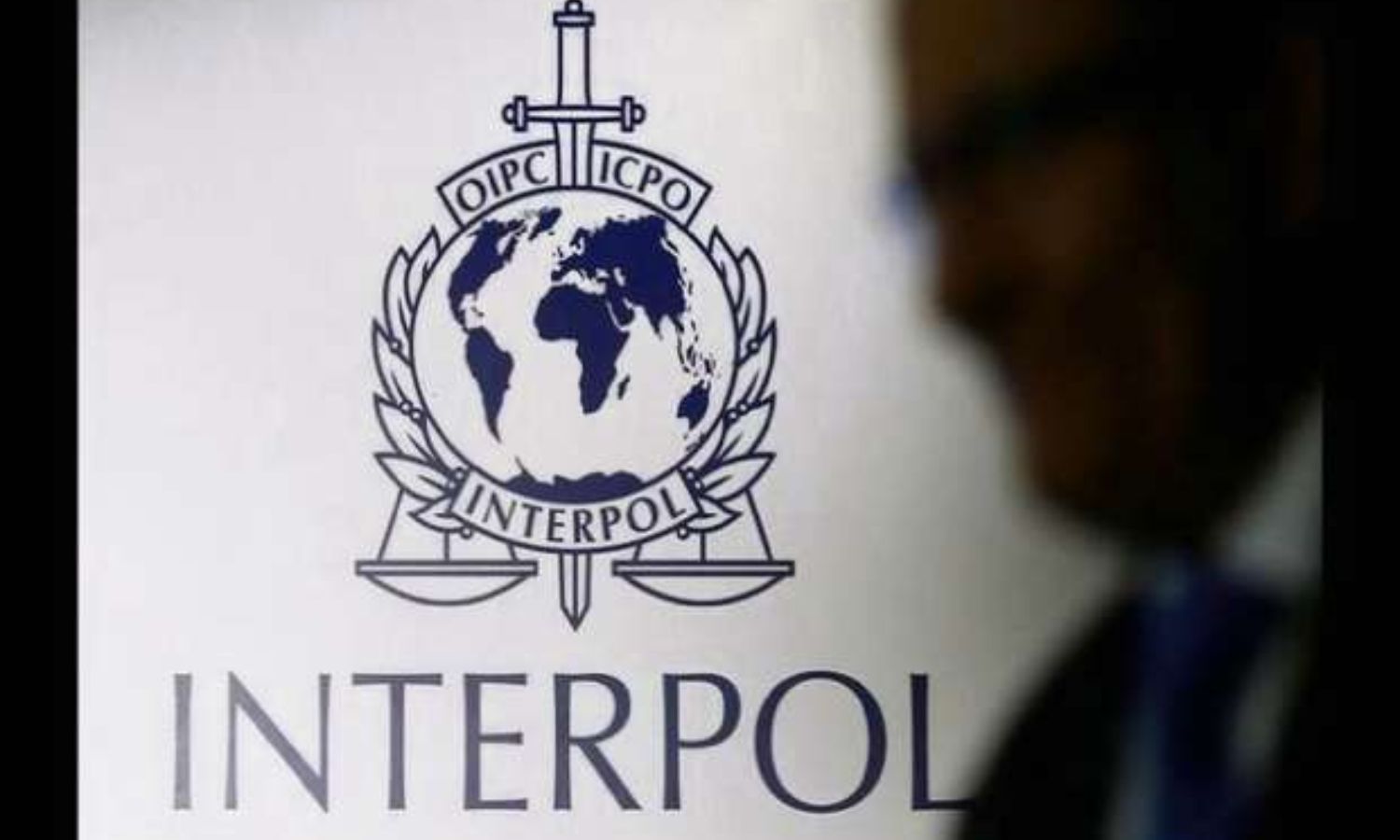Firecrackers will be lit during Diwali, but in Maharashtra, the crackers of politics have already started exploding! In Ukraine, Putin is detonating real bombs. In Mumbai, Devendra Fadnavis, the Leader of the Opposition in Maharashtra, is dropping what are called ‘pen drive bombs’ in political circles. Holi, the festival of colours, is gone but in the Holi of politics, colours of allegations are still being showered. The entire environment of Maharashtra has become polluted and suspicious.
Even in the days of Yashwantrao Chavan, Vasantrao Naik, Bar. A R Antulay and Pawar Sahab, allegations used to be bandied about but they were based on facts. They were mostly ‘ideological explosions’ and that is why people used to sit and break bread with each other after coming out of the Assembly. That is no longer the case now.
For the first time in the political and administrative system of Maharashtra, the attack of ‘pen drive bomb’ remains a matter of curiosity for everyone. No one knows what the truth is, but there is definitely a question in everyone’s mind as to who will be the victim of this bomb or will the matter slip into cold storage as it would so far! Why this question is arising is that though these allegations have been dismissed as baseless by the state government, no investigation of any sort has been announced yet. How can an allegation be called baseless without investigation?
Former chief minister Devendra Fadnavis has so far handed over three pen drives to the deputy speaker of Maharashtra Legislative Assembly and has accused the government of serious conspiracy. The former chief minister has claimed he has 125 hours of recordings, of which he has shared only two and a half hours. He will hand over the remaining part to the CBI. Everyone believes that irrespective of whether the deputy speaker takes cognisance of pen drives, the investigative agencies will definitely do it. Everyone knows that even Mother Sita had to pass the ordeal by fire since the allegations were levelled against her character.
Devendra Fadnavis is saying with great conviction that if these recordings are investigated, then many biggies will be behind the bars. He has accused the government of hatching a conspiracy to frame many BJP leaders including Girish Mahajan, Jaykumar Rawal, Subhash Deshmukh, Sudhir Mungantiwar, Chandrakant Patil, and Chandrashekhar Bawankule in various false cases and this recording authenticates this fact.
Meanwhile, Sharad Pawar has questioned Fadnavis’ allegations and dismissed them as unfounded. He alleged that these were attempts by BJP to destabilise the MVA government, which is a political coalition led by Shiv Sena, NCP, and Congress. Pawar also pointed out that the length of the video recordings suggests they are surveillance footage by central investigative agencies, thus raising questions about the source of Fadnavis’ information. Public prosecutor Pravin Chavan, who features prominently in the video recordings and audio files on the pen drive, is claiming that the footage was doctored.
The recordings contain conversations between Chavan, police officials, and some politicians. They discuss closure of 300 criminal cases along with cases related to terror funding and sex rackets. There is also a discussion about the property of Isaque Bagwan of Baramati. In the conversation between Waqf Board member Mudassir Lambe and a man, there is discussion ranging from making money to talking about relations with Dawood.
I have not seen these videos but the discussions coming out are of a very sinister kind. Since Fadnavis has provided the recording as proof, it is necessary to investigate and ferret out the entire truth. Every citizen of this state has the right to get true information. If Fadnavis’s allegations have merit, then the culprits must be booked and sent to jail. If there is no truth in them, then Fadnavis too will have to prove allegations in court. This is possible only when the government investigates these recordings impartially. Fadnavis is demanding a CBI probe. The state government should come forward and order the investigation so that truth is brought out.
This is also essential because the Maharashtra Government is currently facing a crisis. This is the first time in the history of Maharashtra that the state home minister has been jailed on charges of extortion and another minister, Nawab Malik, is also lodged in jail on charges of money laundering. Until the decision of the court comes, it is not fair to say that they must have committed any wrongdoing, but when ministers go to jail, it is natural for the common man to question the credibility of the entire government.
By the way, it is being stated in political circles that those who indulged in wanton extortion are roaming freely and politicians like Anil Deshmukh are in jail. Is this justice? Everybody knows the latest developments about the raid and seizure of property of Shiv Sena MLA Pratap Sarnaik, ED’s raid on Chief Minister Uddhav Thackeray’s brother-in-law and attachment of his property, and of course, the latest case of Anil Parab and Aaditya Thackeray’s friend. Chief Minister Thackeray may have challenged the BJP central government saying if you want to fight me then fight like a man, why are you fighting under the guise of the central agency, why are you attacking my people, if you want, put me in jail.. ! But all this is verbal fury signifying nothing.
The bandying of words will not help run the administration. When the Opposition makes a flurry of allegations, it cannot be countered by waging a war of words. I know Chief Minister Uddhav Thackeray very well. He is a person of pure and clean image and also politically very courageous. So he should not have any fear of Fadnavis’ pen drive allegations. He should come forward and announce the investigation. This will only enhance his stature. Even if the state machinery is involved somewhere, it will only help the chief minister in weeding out the black sheep from the machinery! And the image of Maharashtra will also get burnished.
And yes, I would like to stress here that whenever the administrative officials feel the political leadership is in a state of conflict and crisis, they become uncontrollable and start playing their own politics. They do not listen to the government, create hurdles in the decision-making process and the entire state has to bear the brunt of it. Unfortunately, Maharashtra is going through this phase at the moment.
The author is the chairman, Editorial Board of Lokmat Media and former member of Rajya Sabha. vijaydarda@lokmat.com
Leader of Opposition in Maharashtra Legislative Assembly Devendra Fadnavis has dropped what is called a ‘pen drive bomb’ in political circles. Every person has the right to know the truth or falsehood of it and, therefore, investigation should be carried out with complete impartiality. Maharashtra’s chief minister is a man of clean image and the investigation will only help him in getting the black sheep out of the way. Moreover, the image of Maharashtra will also improve.


 Opinion2 years ago
Opinion2 years ago
 Entertainment7 years ago
Entertainment7 years ago
 Fashion7 years ago
Fashion7 years ago
 Entertainment7 years ago
Entertainment7 years ago
 Opinion2 years ago
Opinion2 years ago
 Politics7 years ago
Politics7 years ago
 Entertainment7 years ago
Entertainment7 years ago
 Entertainment7 years ago
Entertainment7 years ago
